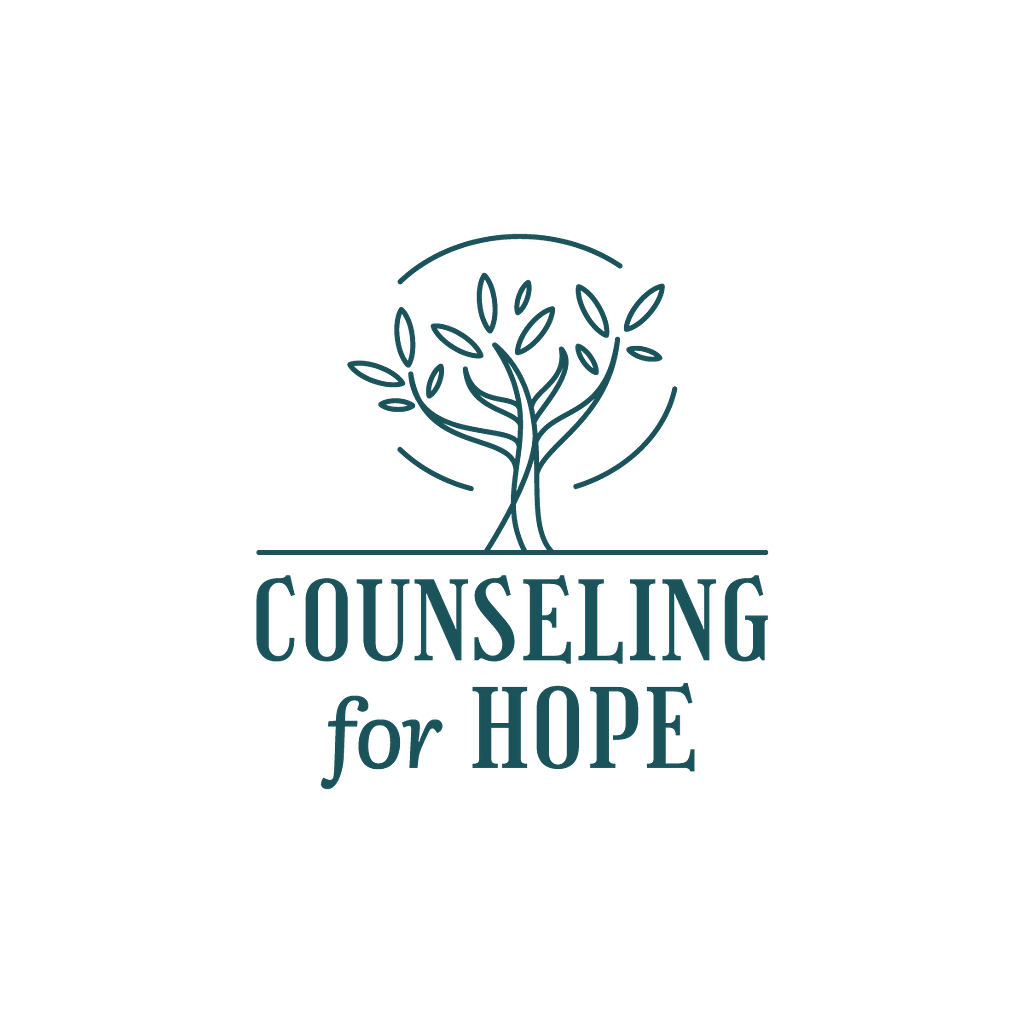
The Revelation of God
We believe in the two books of God—Creation and The Bible:
- We believe that God reveals Himself through His creation — both humans and the natural world (General Revelation)
- We believe that God created all that is with precision, order, and purpose.
- Because God’s creation is ordered and precise, we believe that God’s creation can be studied by rational humans made in God’s image through observation and experimentation to learn more about God’s creation than God sovereignly chose to reveal in the Bible. This process leads to a greater understanding of the created world and ultimately in worship of the Creator.
- God reveals Himself through His Word – the holy, inspired Scriptures found in the 66 books of the Old and New Testaments which we call the Bible (Special Revelation).
- We believe the Bible to be the inspired, infallible, and inerrant Word of God which is both authoritative, clear, and sufficient for salvation and obedience.
- We believe that the Christian person’s worldview is shaped by this revelation.
The Nature of God
- We believe in one personal and eternal God, who is the Creator and Sustainor of all things and exists as three co-equal, distinct, fully divine persons – the Father, the Son, and the Holy Spirit.
- We believe God deeply delights in the loving relationship shared within the Trinity.
Jesus Christ
- We believe Jesus to be both fully God and fully man, who was born of a virgin and lived a sinless life.
- We believe that Jesus was crucified, died, was buried and on the third day rose again.
- We believe he ascended into heaven, and is seated at the right hand of God the Father almighty; from there he will come to judge the living and the dead.
- We believe that on the cross Jesus absorbed the wrath of God for the sins of those who believe.
Salvation
- We believe that salvation is by grace alone through faith in Jesus Christ alone.
- We believe that those who believe and confess Christ’s death, burial, and resurrection for our sins and surrender to let Him be Lord of their life, will be saved from sin and its consequences.
- We believe that believers are adopted by God, united with Christ and indwelt by the Holy Spirit.
- We believe that believers undergo ongoing transformation throughout their life called sanctification. This is a progressive work of both God and humans.
Humanity
- We believe that God created humans as embodied souls, in His image, as intellectual, emotional, moral, and relational beings.
- We believe that God made man and woman as separate, distinct, but equally loved image bearers designed to be in good relationship with God and each other.
- We believe that all humans since Adam except for Jesus have sinned and as a result have ushered in separation from God, shame, death and the brokenness evident in the world.
- We believe that God deeply loves His creation.
Wounds
- We believe that with the fall, came the curse of sin on all creation.
- Therefore, all pathology can be traced to this curse. In a broad way, pathology can be traced to sin and the fall. However, all pathology is not the result of a volitional, personal sin. The curse resulted in the following problems that led to soul-wounds or pathology:
- Environmental/Physical: The fallen state of creation, leading to natural disasters and physical/mental diseases.
- Internal/Personal: Conscious and unconscious personal sins.
- Identity/Mental: A distorted understanding of God, self, and others, leading to the formation of negative core beliefs such as worthlessness, inadequacy, and mistrust.
- Interpersonal/Relational: Sins committed against us by others, causing wounds, and relational pain from living with imperfect people.
- Spiritual: Deception that results from the influence of dark spiritual forces on the world and culture .
- Emotional: The entrance of shame, which creates separation and disconnection.
- Because of the dramatic impact and interplay between all aspects of the fallen world, the pathology or soul-wounds of humanity cannot be simplistically stated.
- We believe these wounds manifest to humans as symptoms (anxiety, depression, confusion, relationship strife etc.) that leave people feeling hurt, overwhelmed, and stuck.
Science & Psychology
- We acknowledge that science has Christian roots and that many well known scientists have been Christians. Early scientists were students of God’s created world, identifying and claiming that through the study of creation we discover more about the Creator leading us to worship.
- We acknowledge that the modern definition of science is a systematic study of the natural world (including humans) through observation, experimentation, and the testing of theories against the evidence obtained. “Science is a unique human endeavor that proposes theories and seeks to evaluate the evidence for or against them in a way that is challenging, self-critical, progressive, and objective.” (Jones)
- We acknowledge that the systematic study of the natural world (including humans) using the scientific method can describe what something is and how it works.
- We believe that the systematic study of science has limits. It can describe what is and how it works but cannot offer answers to why it exists or identify purpose and meaning. This is left up to the interpreter of the science and the worldview they hold.
- We believe that many psychological theories have used the systematic study of human psychology to give us great information about the human mind (neuroscience), attachment styles, pathology development, the impact and healing of trauma, the nervous system, relational patterns, emotional intelligence, communication, child development, etc.
- We acknowledge that many of these theories have a naturalistic, humanistic, materialistic, and/or atheistic worldview. This impacts the assumptions and interpretations of the data they discover through their scientific process and the resulting theories.
- We believe the data discovered through sound scientific research is valid and describe something about the natural world (and humans) revealing greater insight into God’s creation. However, this data must be interpreted through a Biblical worldview. This is what we endeavor to faithfully do, as Jones articulates to “study reality in the light of Biblical Revelation” (Jones and Butman). We let our Biblical worldview be the lens through which we interpret all scientific discoveries.
- “Integration of Christianity and psychology (or any area of “secular thought”) is our living out–in that particular area–of the lordship of Christ over all of existence by our giving his special revelation–God’s true Word–its appropriate place of authority in determining our fundamental beliefs about and practices toward all of reality and toward our academic subject matter in particular.” (Jones)
The Counselor as a Christian Person
- We believe that as Christians, indwelt by the Spirit, who love God and have an active, personal, growing, transforming relationship with Him, we are a unique benefit to our clients. We pray for our clients, let the Spirit guide us in sessions, and seek to follow His lead in all we do.
- “The therapist is the human tool in the counseling relationship, and it is paramount that the tool be deeply rooted in both God and his Word so that the character demonstrated in the counseling dyad reflects him well.” (Langberg)
- We believe that God designed humans for relational healing, both with Himself and with others. This foundational concept is strongly affirmed by both biblical teachings and extensive scientific research on attachment and therapeutic rapport. Consequently, we regard the collaborative relationship between counselor and client as profoundly important.
Scriptural Support
Revelation of God: Genesis 1, Job 38-39, Psalm 19:1-6, Psalm 19:7-14, Proverbs 8:22-31, Prov. 30:5, John 1:1-3, Romans 1:18-20, Romans 2:14-15, 2 Tim. 3:15-17, 2 Peter 1:20-21,
Nature of God: Deut. 6:4, Psalm 115:3, Isaiah 46:9, Mt. 3:16-17, John 1:1-3, John 14:9, John 17:23-26, Acts 17:22-29, Colossians 1:16, 1 Peter 1:2,
Jesus Christ: Isaiah 7:14, Isaiah 53, Luke 1:30-35, John 1:1-14, John 19, Matthew 27-28, Mark 16:19, Luke 4:13, Acts 1:11, Acts 2:33-34, Acts 7:55, Acts 10:39-43, Romans 3:21-25, Romans 8:34, 1 Corinthians 15:3-11, 1 Corinthians 15:23-28, 2 Corinthians 5:21, Philippians 2:5-11, Colossians 1:15-20, Hebrews 1:1-3, Hebrews 9:24, 1 John 2:2; 4:10,
Salvation: John 3:16-17, Romans 3:23, Romans 5:1,8, Romans 6:4-8, 11-14, 22-23, Romans 8:1, 14-17, 29-30, Romans 10:9, Romans 10:13, 2 Corinthians 3:16-18, 2 Corinthians 5:16-21, Galatians 2:20, Galatians 5:13-24, Ephesians 2:1-10, Philippians 2:12-13, Colossians 3:1-3, 1 Peter 2:24, 2 Peter 3:18, Titus 3:4-8
Humanity: Genesis 1:26-27, Genesis 2:7, Genesis 3, Gen. 9:6, Psalm 86:11, Psalm 139:13-16, Proverbs 14:31, Ecclesiastes 12:7, Isaiah 59:2, Jeremiah 31:3, Zephaniah 3:17, Matthew 10:28, Luke 10:27, John 3:16-17, John 15:9, Romans 3:23, Romans 5:8, Romans 8:35-39, Ephesians 3:18-19, James 3:9
Wounds: Genesis 3, Psalm 44:15-16, Psalm 55, Psalm 69:19-20, Psalm 109:22, Psalm 147:3, Proverbs 1:10-19, Proverbs 2:12-15, Proverbs 4:19, Proverbs 9:7, Proverbs 10:10-12, 17-18, Proverbs 12:6, 18, Proverbs 14:17, Proverbs 15:4, Proverbs 18:8, 14, Proverbs 26:22, Psalm 52:2-4 Psalm 147:3, Ecclesiastes 3:16, Ecclesiastes 4:1, 4-5, Ecclesiastes 5:13-14, Ecclesiastes 7:7, 29, Ecclesiastes 8:8-9, Romans 1:21-23, Romans 8:21-23, Ephesians 2:1-2, Ephesians 6:12, Titus 3:3, James 3-4:12, Revelation 12:7-9
Science & Psychology: Psalm 34:18, Psalm 131:2, Proverbs 1:7, Proverbs 2:6, Proverbs 3:13-23, Proverbs 11:14, Proverbs 19:20, Proverbs 24:6, Proverbs 25:2, Isaiah 61:1-4, Romans 5:3-5, Romans 12:2, 2 Corinthians 10:3-5, 2 Timothy 2:15
The Counselor as a Christian Person: Psalm 1:1-2, Psalm 16, Isaiah 61:4, John 15:1-17, 1 Corinthians 13: 4-7, 2 Corinthians 1:3-4, 2 Corinthians 3:17-18, Ephesians 3:14-21, Ephesians 4:15, Colossians 1:9, Colossians 3:1-4,12-17, 1 Thessalonians 5:16-18, 1 Peter 4:8-11
Books Referenced
- Can Science Explain Everything by John C. Lennox
- The Comprehensive Guide to Science and Faith edited by William A. Dembski, Casey Luskin, and Joseph M. Holden
- Psychology and Christianity, Five Views edited by Eric Johnson, specifically Chapter 3 written by Stanton Jones.
- Counseling and Christianity, Five Approaches edited by Stephen Greggo and Timothy Sisemore, specifically chapter 4 by Mark McMinn and chapter 5 by Diane Langberg
- Systematic Theology by Wayne Grudem
- The Essential Truths of the Christian Faith by RC Sproul
- Modern Psychotherapies: A Comprehensive Christian Appraisal by Stanton Jones and Richard Butman
- Anatomy of the Soul by Curt Thompson
- Nature and Scripture by Cornelius Van Til
- The Territories of Science and Religion by Peter Harrison
- The Apostle’s Creed
- The Nicene Creed

